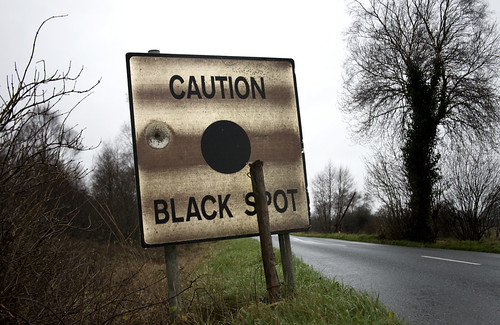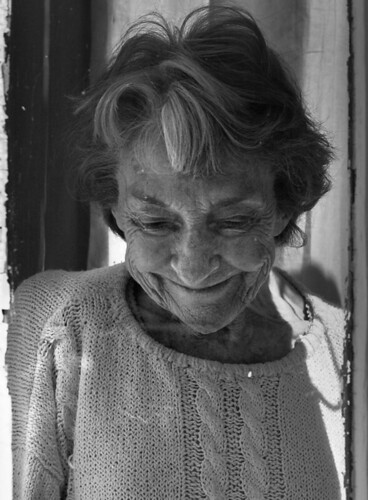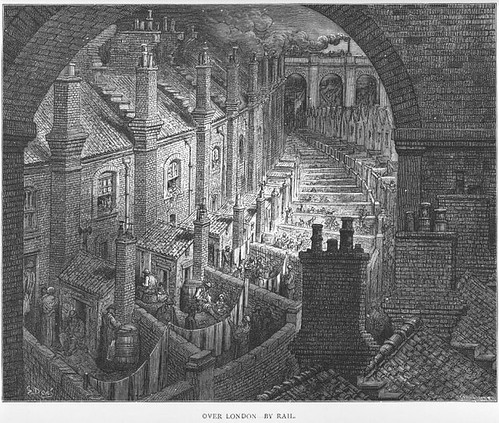
Last night I stayed up too late watching an Horizon programme I'd recorded, 'Who's Afraid Of A Big Black Hole?' Some stuff I've read or heard of before, such as that super-massive mother at the heart of our (and every other) galaxy. Various scientists (physicists, astronomers...) spoke about how black holes are still the big question, the place where the laws of nature break down, where quantum mechanics (the science of the very small) meets gravity head-on. One Asian physicist with leonine white hair declared that the physics of black holes had to somehow incorporate infinity (that toppled, recumbent figure of eight dreaming its twisted dreams), which was 'a nightmare' (and not just one infinity/nightmare, but an infinite string of them). But you could tell that he was delighted by this, the nightmare was a whopping good one, maybe the best ever, and this relish was evident in the smiles and voices of everyone they interviewed. People who (rather unimaginatively) imagine that scientists are cold, cut-and-dried Grangrinds or statistic-spouting caricatures, should be made watch this kind of programme. I wish I had the brain to follow it all but I don't care. I LOVE this shit. As DH Lawrence put it:
I like relativity and quantum theories
because I don't understand them
and they make me feel as if space shifted about
like a swan that can't settle,
refusing to sit still and be measured;
and as if the atom were an impulsive thing
always changing its mind.
So far, the only poem I've written in which a black hole features is the following, a short comic sequence:
Navels
A good thing to gaze at: your lover’s
thimble of dark.
.
See you at two, at the deep-shallow pool.
.
Vestibule
for nothing more than the tip
of a finger or tongue, graze
of a stranger’s guiltless eye.
.
A mystery: the way yours is a magnet for fluff.
.
Everyone to their own
free-floating punctuation.
.
In the window of the tattoo parlour, a photo
of a sailor’s encircled by boot-prints
and the words Navel Patrol
.
Forget the skewered eyebrow or chin,
the silver stitch in the lip,
the harpooned tongue.
Here’s the best place for sinking
that re-engagement ring.
.
Stop looking at me there.
It tickles.
.
Maybe to say: I exist ––
last of the bathwater’s dervish,
bullseye
at the heart of the galaxy –– a well-spun
birth-story with a twist.
.
Naba, nabel, navik,
pupak, pupek, pusat, puseg, pusod,
pito, piko, vico, ombelico, ombligo,
umbigo, umbilicus,
innie, outie; this ––
mammal-mark, shared scar ––
remembers

